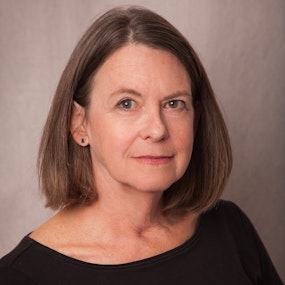
Sign up to get updates from us
By signing up, you agree to receive email from this podcast.

I’m quite possibly the only scholar in the world who has directed both a Center for the Study of Force and Diplomacy and a Feminist Research Institute; most certainly I’m the only one who has written both a history of dating and a history of the US Army. There is a logic here: I ask questions about the nature and impact of social, cultural, and institutional authority; about who “belongs” in the United States and on what terms; and about how, exactly, social change occurs.
But while my scholarship has a unifying logic, I’d also say that my career is characterized by range and motion. Geographic and institutional motion, as may be obvious from the range of academic positions I’ve held (see my cv), but also the sort of scholarly range that led me, in the course of a single year, to publish articles on soldiering as work, Patsy Cline and respectability, sexual boundaries and children, and the moral claims animating struggles over Don’t Ask Don’t Tell. That’s along with the actual movement involved in giving talks that, within one two-year pre-Covid span, ranged from Tokyo to Paris, Cambridge (UK) to Melbourne, and Beirut to Vermillion (South Dakota).
My approach to history has evolved over time, from discourse-based cultural history to what I describe as “grounded” cultural history. I’m still concerned with the construction of meaning, but I focus on the choices and actions of individuals, groups, and organizations. Lately I’ve been studying the role institutions play in social change. My current research project examines how the U.S. Army addressed ‘the problem of race’ during the Vietnam era; other major publications are listed on my c.v.
During my career thus far, I have been awarded an Andrew Carnegie Fellowship (2021-23), a National Endowment for the Humanities Public Scholar Fellowship (2021-22), the American Council of Learned Societies’ Oscar Handlin Fellowship (2014-15) and an ACLS grant (summer 1989); a National Endowment for the Humanities Fellowship (2004-05) and summer stipend (1995); a Woodrow Wilson International Center for Scholars Fellowship (2005) and a National Humanities Center Fellowship (2004-05; declined), as well as a senior Fulbright Scholar appointment to the University of Indonesia (1996), Temple University’s nomination for the Carnegie Foundation for the Advancement of Teaching’s Professor of the Year (2013), and the Gunter Starkey Award for Teaching Excellence (University of New Mexico, 2003).
In 2022, I was honored to receive the Higuchi-KU Endowment Balfour Jeffrey award for Humanities and Social Sciences (the top research award for faculty at Kansas Board of Regents Universities) and the Society for Military History’s Samuel Eliot Morison prize for lifetime contributions to the field of military history.